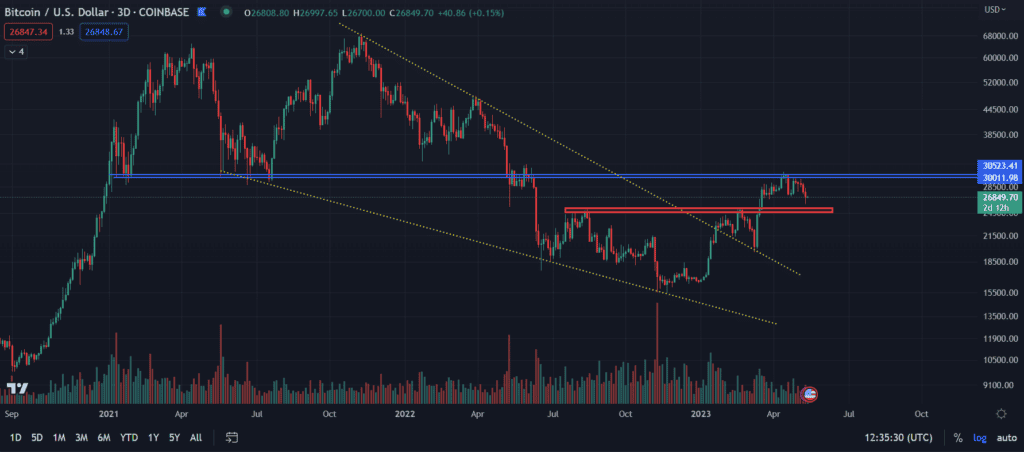More and more countries allow the use of cryptocurrencies as financial- or business instruments. They are even allowed to be used as regular means of payment. Bitcoin and other cryptocurrencies are beginning to be treated as property rights under tax law in most countries and are governed by local tax laws. However, the tax systems across countries differ substantially and this affects the pace of the development of cryptocurrency.
Adoption of cryptocurrency laws
Many countries are currently working on changes that will regulate cryptocurrencies similar to how traditional currencies are used. Experts from Oxford University’s Faculty of Law have stated that the cryptocurrency market should be regulated so that it does not pose a threat to traditional finance. Changes are happening rapidly and from February 2021 in the Swiss city of Zug you can pay taxes with cryptocurrencies. For this purpose, the finance department of the 30,000-strong city has partnered with local Bitcoin Suisse.
Some countries like Malta have themselves changed their tax system to cater to cryptocurrency investors. As a result, crypto investors are more willing to operate in these countries, especially since, for example, local tax solutions are also accepted by other countries.
Surprisingly, some countries like the US have many organizations regulating cryptocurrencies.This legislation is then duplication, which results in a limited pace of adoption of cryptocurrencies.
European cryptocurrency law
This makes it not surprising that in the fall of 2020, the European Union started working on draft legislation for the European cryptocurrency asset markets (MiCA). Laws governed in this legislation will regulate cryptocurrencies, tokens and stablecoins. The new law will work on the same principles as the Markets in Financial Instruments in Europe Directive (MiFID), securities markets and investment intermediaries. The European Union wants to regulate the cryptocurrency market by 2024, and by then it should present a comprehensive legislative framework to bring cryptocurrency assets into the financial sector.
In Europe, cryptocurrencies are currently accepted as emerging currencies and both the European Central Bank and the European Parliament have addressed their legality. The European Central Bank in its publication “Virtual Currency Schemes – a further analysis” mentioned that a cryptocurrency is “a digital representation of value not issued by a central bank, credit institution or electronic money institution that can be used as an alternative to money under certain circumstances.”. The European Parliament Resolution of May 26, 2016 on virtual currencies provides a definition of virtual currency described as “digital cash, digital markers of value that are not issued by a central bank or public authority […].”
Global cryptocurrency law
In the global market, cryptocurrencies are regionally regulated. The U.S. Library of Congress has published research on this topic in the publication “Regulation of Cryptocurrencies Worldwide.” The report outlines the laws surrounding cryptocurrencies covering 130 countries and the organizations that regulate digital currencies.
The report indicates that not all countries are yet accepting cryptocurrencies as a means of payment, but are allowing them to continue to grow. In contrast, some countries did not only take steps to regulate cryptocurrencies, but have also created their own electronic currencies.


















